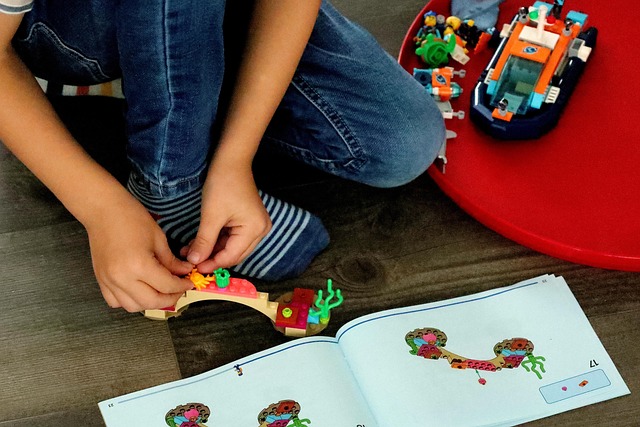The landscape of education is undergoing a remarkable transformation, propelled by the advancements in technology. As we venture further into the digital age, the intersection of learning and technology has birthed an exciting realm of virtual educational projects that engage, inspire, and broaden horizons. Virtual Reality (VR), Augmented Reality (AR), and the Metaverse are at the forefront of this revolution, setting the stage for a future where education is immersive, interactive, and undeniably more accessible.
Imagine stepping into a classroom where the confines of four walls are replaced by the vastness of ancient civilizations or the depths of the ocean. With Virtual Reality, students can explore the ruins of Rome, walk amongst the dinosaurs, or even travel through the human body, experiencing lessons in a way that textbooks could never replicate. This immersive experience not only enhances engagement but also caters to various learning styles, making education more effective and enjoyable for everyone.
On the other hand, Augmented Reality offers a unique way to enhance our immediate reality. By overlaying digital information onto the physical world, AR transforms regular environments into dynamic learning spaces. Students can point their devices at a map and see interactive historical facts pop up or scan a plant and learn about its biology. These virtual educational projects are reshaping the way knowledge is consumed, making it more interactive and relatable.
The concept of the Metaverse represents the digital frontier of education, where interactions transcend geographical barriers. Picture a global campus where students from different corners of the world gather in a virtual space, collaborating on projects, participating in discussions, and engaging in peer-to-peer learning. This interconnected ecosystem not only cultivates a sense of community but also prepares learners for a world that is increasingly interconnected and reliant on digital collaboration.
The benefits of these technologies extend beyond engagement; they also cater to diverse learning needs. Students with varying abilities and preferences can benefit from tailored educational experiences that cater to their unique requirements. VR can provide safe environments for skills practice, while AR can assist in breaking down complex concepts into digestible visual elements. Education is no longer a one-size-fits-all approach; it’s a personalized journey that can be navigated at one’s own pace.
Moreover, the incorporation of gamification into virtual educational projects taps into the intrinsic motivation of learners. By integrating game-like elements into education, students become more invested in their learning processes. They are not just passive recipients of information; they become active participants, eager to explore, reason, and discover.
As we look towards the future, the possibilities seem infinite. With ongoing advancements in technology, the way we perceive and deliver education is set to evolve even further. The fusion of VR, AR, and the Metaverse is paving the way for educational experiences that are no longer confined to the classroom or the limitations of physical materials. Instead, they open doors to a vast universe of exploration, creativity, and learning, ensuring that every individual can reach their full potential.
In this exciting new era, it’s crucial for educators, students, and institutions to embrace these technologies and explore how they can enhance the learning experience. The future of education is not just about adapting to new tools; it’s about reimagining what education can be, fundamentally transforming how knowledge is shared and absorbed, fostering a continuous passion for learning that will last a lifetime.



